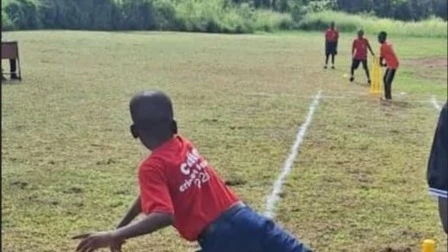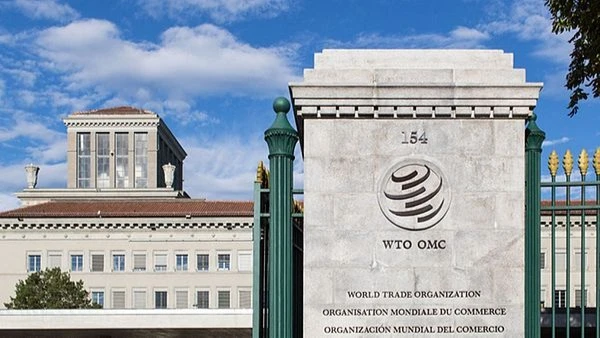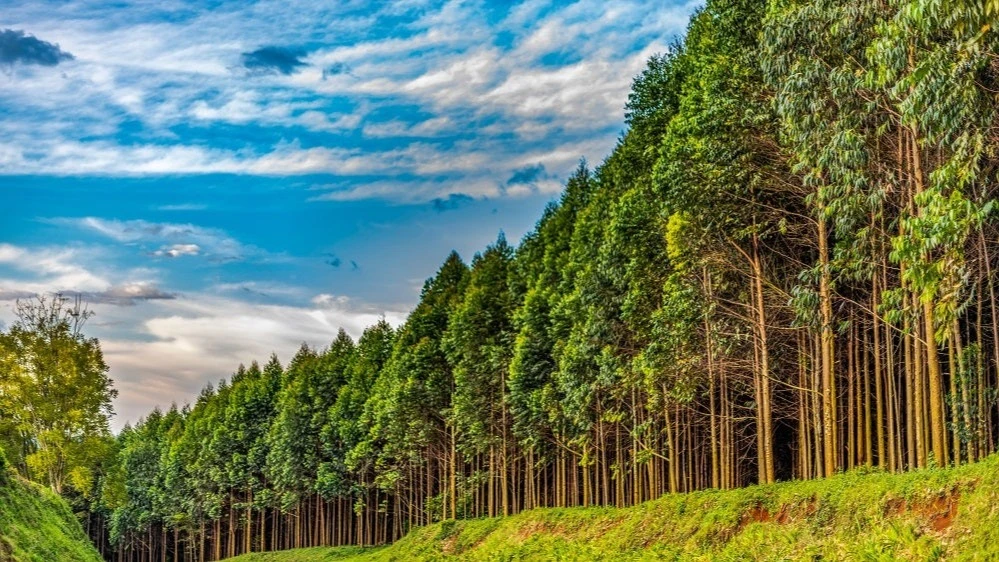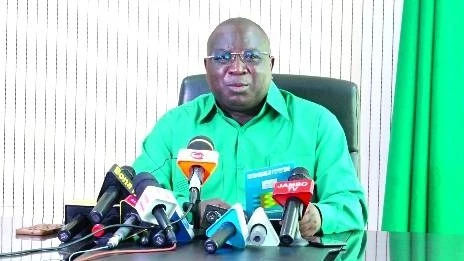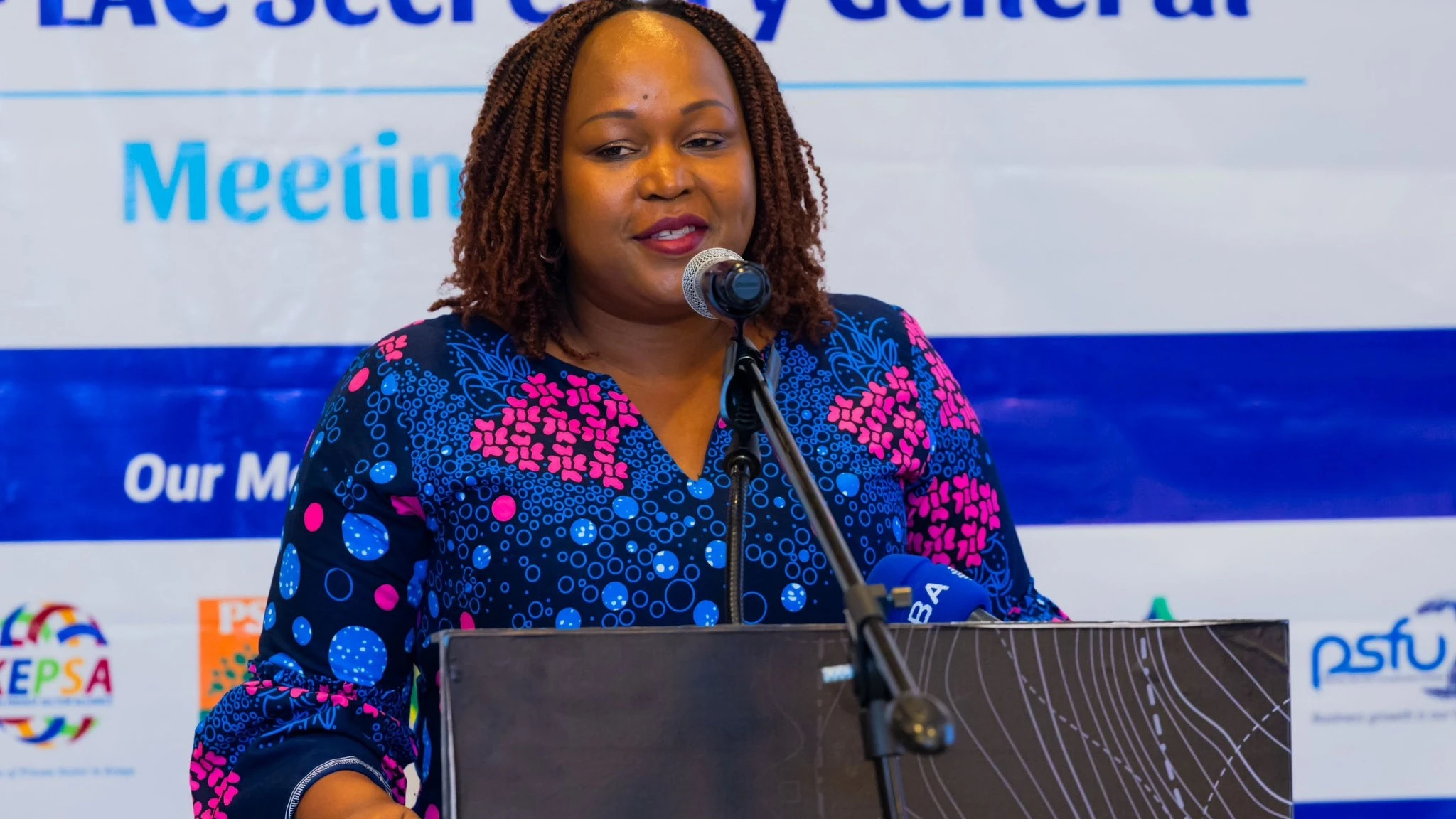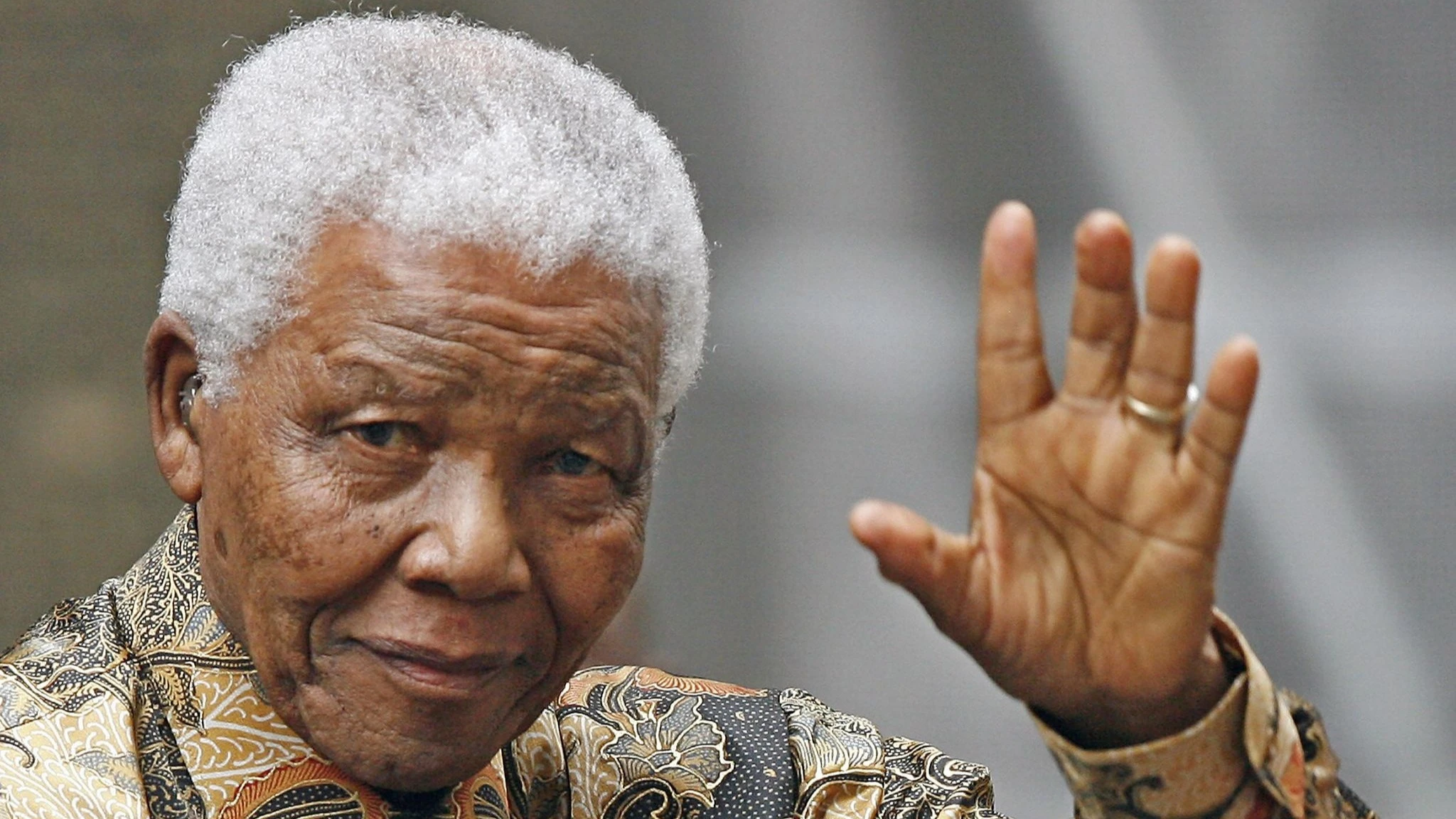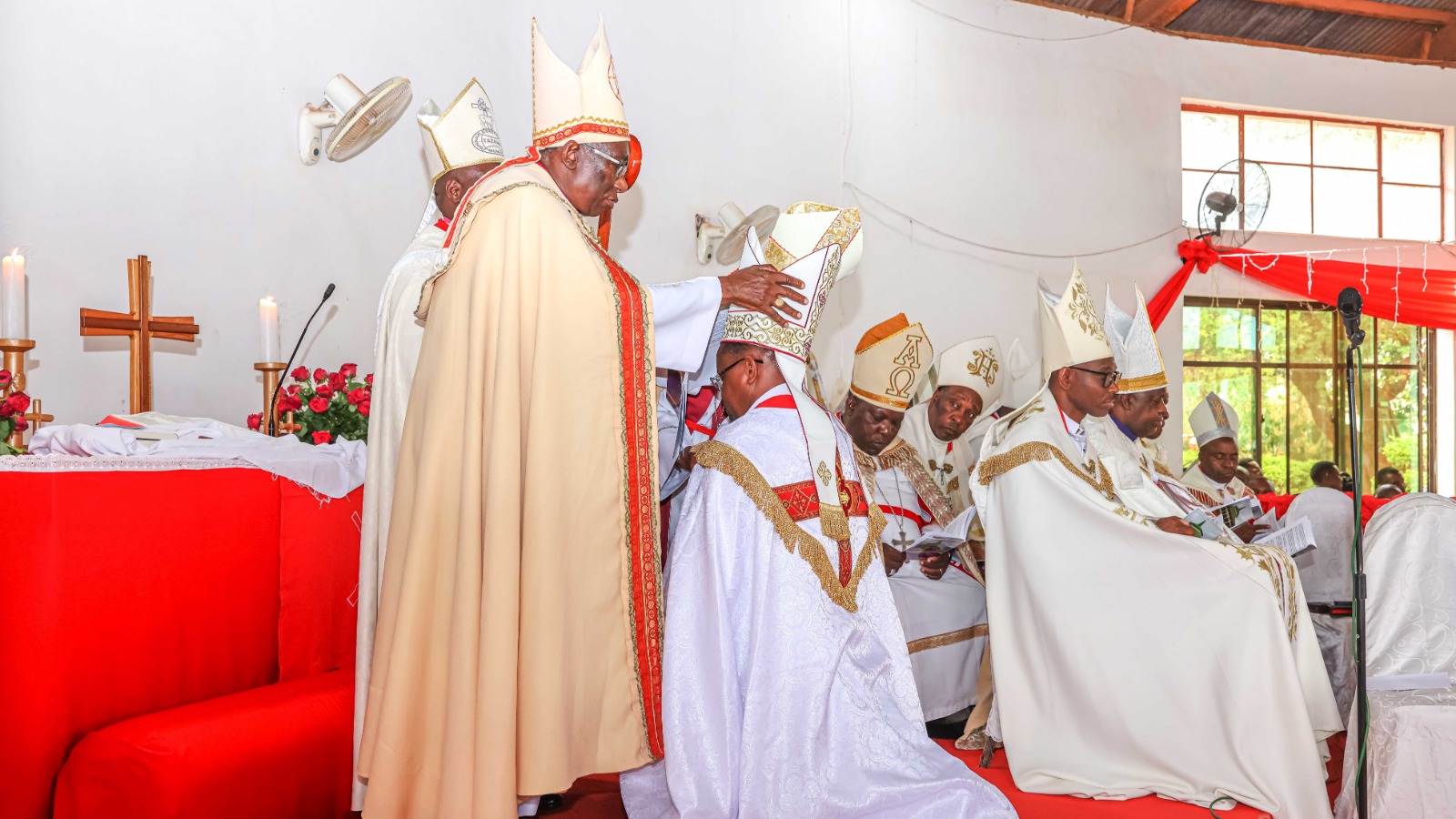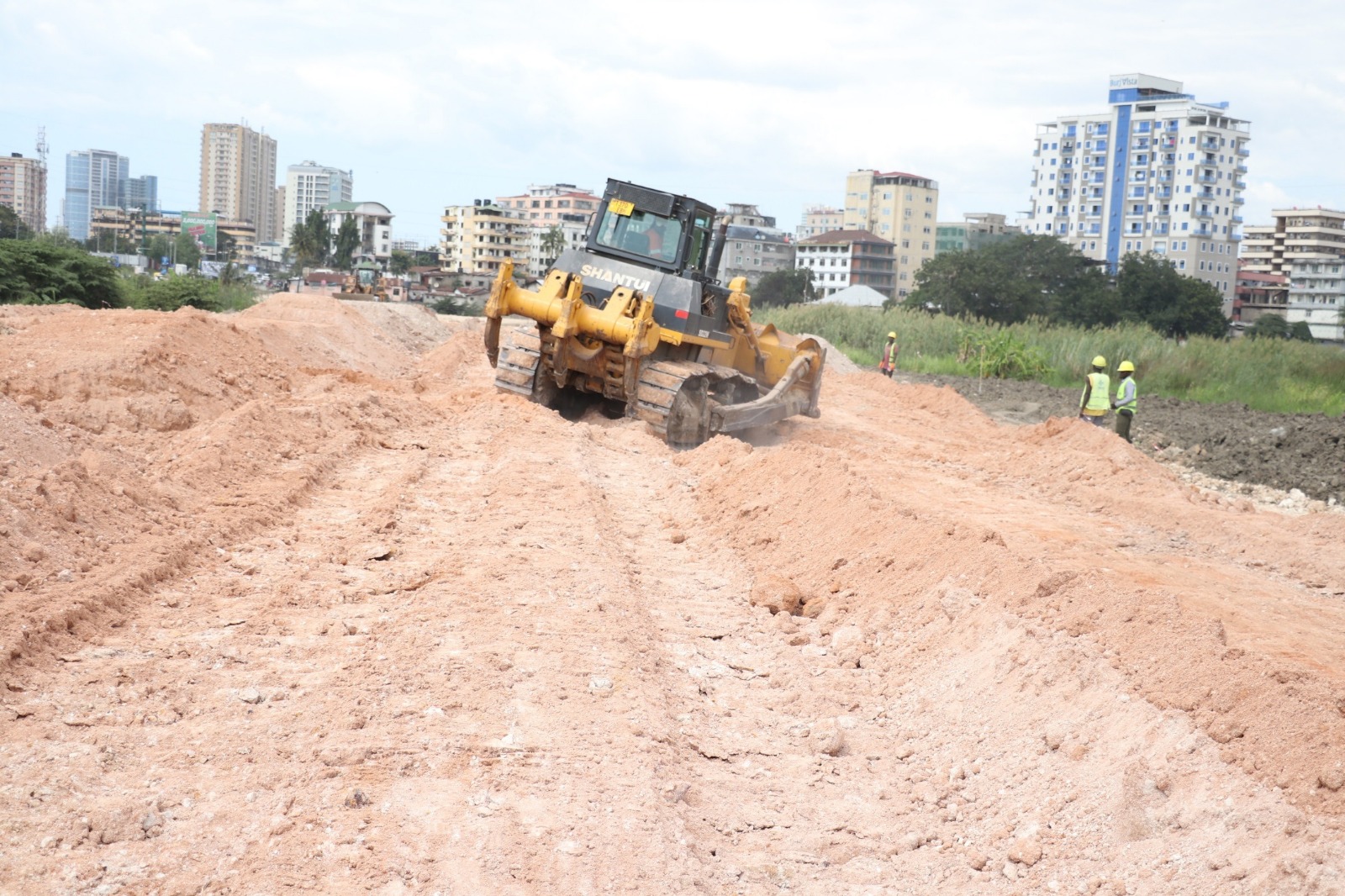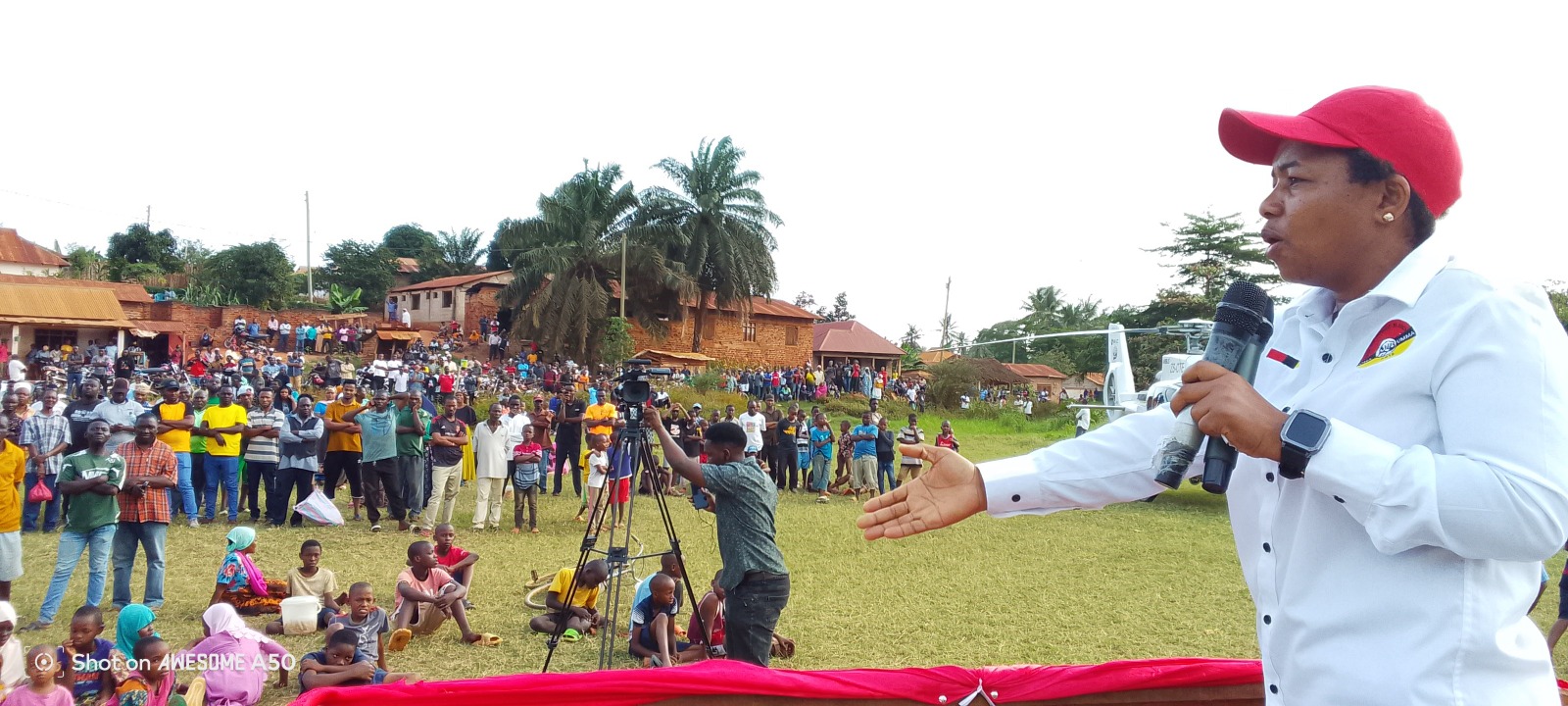Rufiji district council now invites climate-smart forestry investors
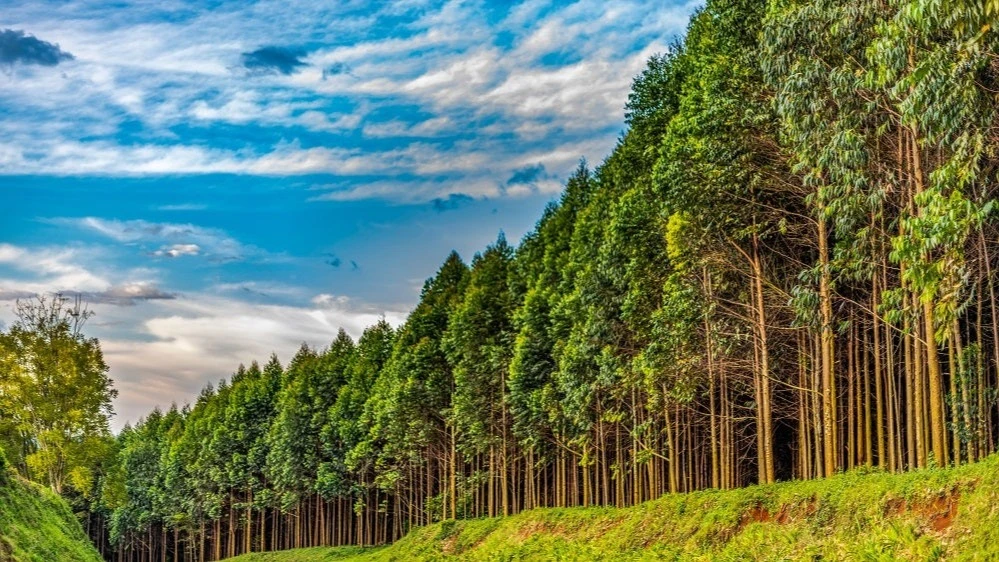
RUFIJI Town Council, Coast Region – Local communities and stakeholders in Rufiji are being encouraged to significantly invest in forest projects that address climate change, such as tree-planting and forest restoration.
This appeal comes from Ewadi Kabuche, the District Forestry Officer, who highlighted these efforts as crucial for rehabilitating degraded areas and helping communities cope with environmental disasters. The call was made during a stakeholders' meeting to review progress from a "Trainers of Trainers" (TOTs) program on climate change adaptation, conducted under the Tanzania Forest Management Community Network (MJUMITA).
Kabuche emphasized the need to strengthen and enforce forest laws to ensure proper management of forest products and address challenges in participatory forest management. He also stressed the importance of awareness campaigns to educate local communities on how forests mitigate climate change and the benefits of conservation for future generations.
Illegal forest harvesting in Rufiji is a significant concern, contributing to the loss of natural vegetation and increased greenhouse gas emissions. Additionally, communities have limited awareness about the role of forests as carbon sinks, leading to uncontrolled tree cutting and burning for farming and charcoal production.
Deforestation in Rufiji is alarmingly high, primarily driven by agriculture and charcoal making, jeopardizing the benefits forests provide. To combat this, the district is seeking donor support for essential resources, including three motorcycles, four Vernier calipers, two vehicles for forest patrols, climate change education for local communities, and five GPS kits.
These tools will enable the forestry department to identify degraded areas, monitor illegal activities, assess forest products, and track the extent of forest loss versus remaining forest.
Elida Fundi, MJUMITA's good governance and advocacy officer, explained that the TOT training was part of the two-year ‘Elevating Voices of Rural Women and Youth for Climate Justice in Tanzania’ (ELEVATE) project. Supported by the Commonwealth Foundation, the ELEVATE project aims to enhance the awareness and capacity of rural women and youth to combat climate change and increase their participation in decision-making for economic well-being. The project is being implemented in Mbwara, Nambunju, Nyamwage, Kitapi, and Tawi villages within Rufiji.
National data from the National Resource Monitoring and Assessment of Tanzania Mainland (NAFORMA) reveals that over 460,000 hectares of forest cover are cleared annually in Tanzania, mainly in unreserved village lands. This deforestation releases over 44 million tonnes of CO2 into the atmosphere each year, significantly impacting the global climate.
Shifting agriculture is cited as the primary factor, accounting for an 80 percent reduction in reserved forest areas. The illegal and unsustainable harvesting in unreserved forests also leads to forest degradation and a decrease in government revenues.
Top Headlines
© 2025 IPPMEDIA.COM. ALL RIGHTS RESERVED












